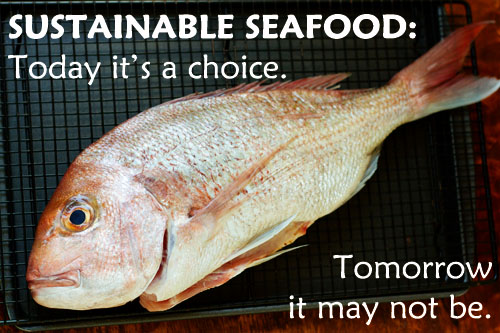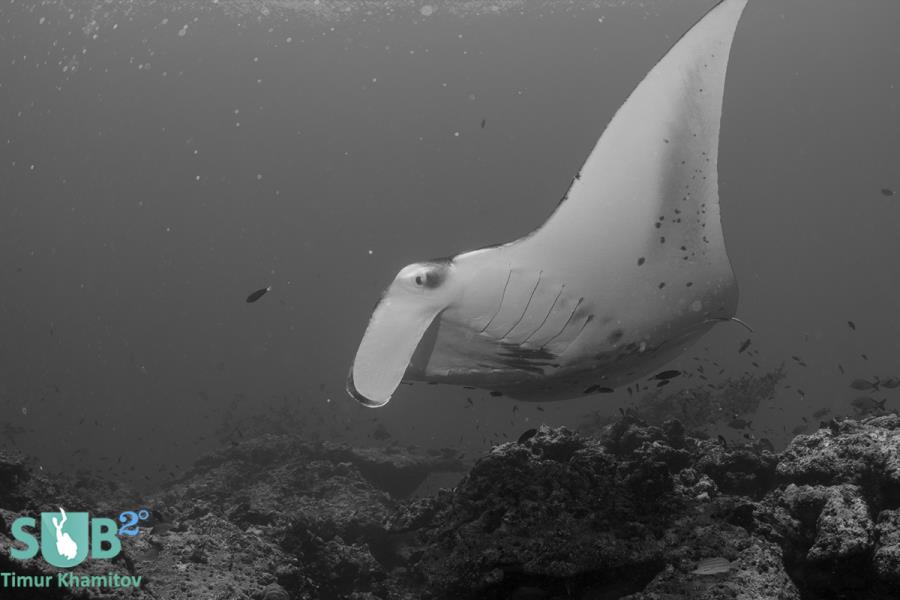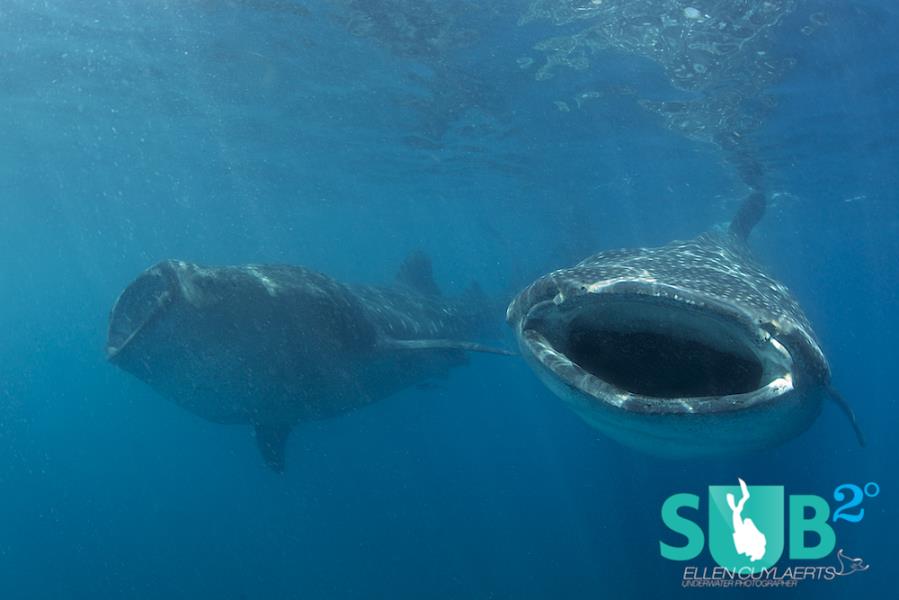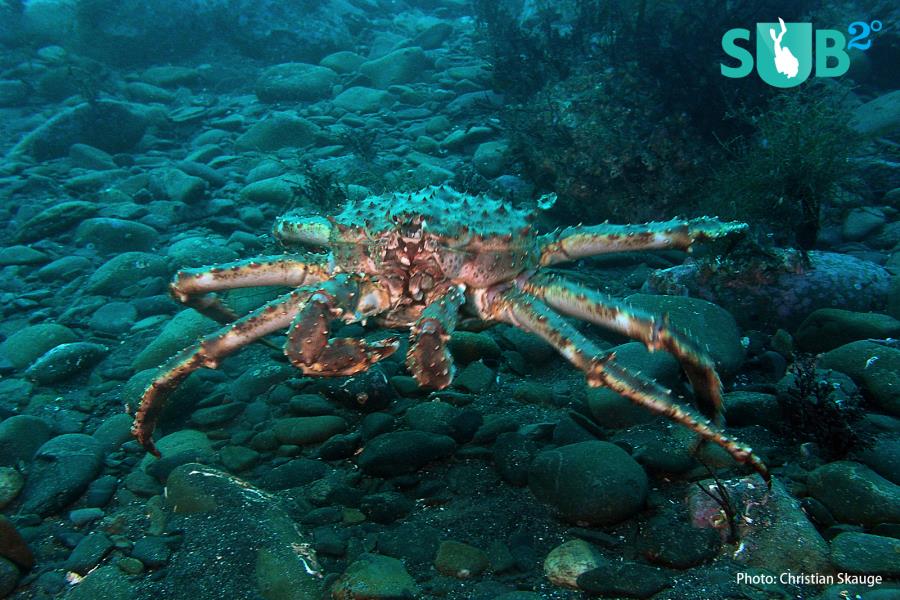
Published
Oct. 13,
2015
Are we eating sustainable seafood?
Introduction
You probably already know why overfishing is one of the biggest threats our oceans are facing.
Due to overfishing, around 80% of fish stocks are fully exploited, overexploited, or have already suffered a collapse (if you want to know more about it check it here and here).
However, eating seafood is healthy and a great source of protein. Thus, this leaves us with the great question:
For this reason, we can adopt sustainable practices to make sure fish stocks are being replenished and manage this resource to future generations.
It can be overwhelming when you are at a supermarket or a restaurant, trying to choose your seafood dish. Thus, we prepared some guidelines to help you decide what is best for your health and the health of our oceans.
#1 Eat lower on the food chain
Sustainable fisheries targets many species, especially the small ones positioned lower on the food chain, since they are more abundant and can reproduce quickly to sustain their populations.
They are also healthier, as they contain less mercury levels. Good choices include squid, oysters, mackerel, sardines and mussels.
#2 Know what you are eating – seafood guides
Be attentive to what species you are eating. Some species are overexploited or protected, and you should avoid it at all costs. Your range of seafood choice can also varies with area and fishing technique.
Depending on where you live there are online guides available to check the stock health of your area.
Here are some of the best Sea Food Guides:
#3 Eat local
Look at where your food is coming from.
It is usually better to eat local fish from your area instead of importing its counterpart from the other side of the country, or even the world.
This decreases transportation costs and CO2 emissions.
The only exception is if the particular fish is depleted locally.
#4 Know how it is caught
Some fishing methods are more sustainable than others, so pay attention to which is being used to catch your fish.
Hook and line is normally a preferred method, as it is low-impact, doesn’t damage the seafloor and allows fishermen toss back unwanted species in time for them to survive.
Some techniques can be used to reduce bycatch, such as intelligently designed traps that have exits that allow young fish to escape.
Avoid fishing practices that involve dredging and other destructive fishing methods such as bottom trawling and dynamite fishing.
#5 Look for eco-labels
An eco-label is an approval certification given to aquaculture and fisheries operations considered responsible and sustainable by third-party certification bodies.
For example, the Marine Stwerdship Council certifies seafood that is caught or raised sustainably. Farmed shellfish is now being certified by The Food Alliance, which certifies environmentally responsible farm processes.
#6 Be attentive to policies and moratorium periods in your country
Some species are protected during a specific season, having a specific time frame allowed for fishing. There are also regulations concerning catch size and amounts.
For instance, spiny lobster season is closed from April 1st through August 5th off Florida and the Gulf states, so be suspicious if you find some for sale during this time.
#7 Incentivize sustainable aquaculture products
Aquaculture plays an important role on sustainable fisheries. Half of the seafood the world eats comes from fish farms. But be careful: truly sustainable aquaculture is also concern in decreasing environmental impacts, such as pollution and diseases.
They also avoid using wild-caught fish as feed, a practice that adds more stress on wild fish stocks. There are also eco-labels and certifications approving eco-friendly farms.
#8 Buy from trusted retailers
Some businesses have set higher standards for the seafood they sell in their stores, and many agreed to follow long-term sustainable seafood plans. It is important to incentive retailers interested in going green. Find guides to good retailers at the Conservation Alliance for Sustainable Seafood Solutions.
Healthy oceans mean healthy people. We, as consumers, play a vital role in keeping our marine ecosystems for future generations. Every day, the choices we make offer us a chance to contribute to ocean conservation. So let’s do it!
Further Reading
If the topic of marine conservatio is off interest to you - below are some links to further reading.
Featured Posts
-

Indonesia Bans Manta Fishing,...
Analyzing manta conservation in the context of marine conservation as a whole. (Part 1 of the series)
-

Isla Mujeres & The Whale Shar...
Every year, between June and September, hundreds of whale sharks can be found in the deep waters northeast of Isla Mujeres, Mexico.
-

King Crab Invasion
Thanks to Discovery Channel’s popular «Deadliest Catch» TV series, the red king crab has become known across the globe. Native to the north Pacific, this armored behemoth has invaded Norwegian waters and is considered a dang...


Load more comments
Timur K 10/22/2015 10:56:26 AM It saddens me that all our articles on conservation get the lowest attention and feedback.
Marcelle Muniz Barreto 10/24/2015 4:39:34 PM I know, specially because as divers (and citizens), we play a huge role on conservation too, with our everyday choices. Let's keep spreading the information! :)
Heather 1/28/2016 7:19:13 PM Great resource article! Conservation articles get the least attention huh? That is sad. Every diver should watch Sharkwater! I just came across the past article I wrote for DiveAdvisor, "In Defense of Sharks". I miss writing for you guys! I hope things are going well...the site really looks great!